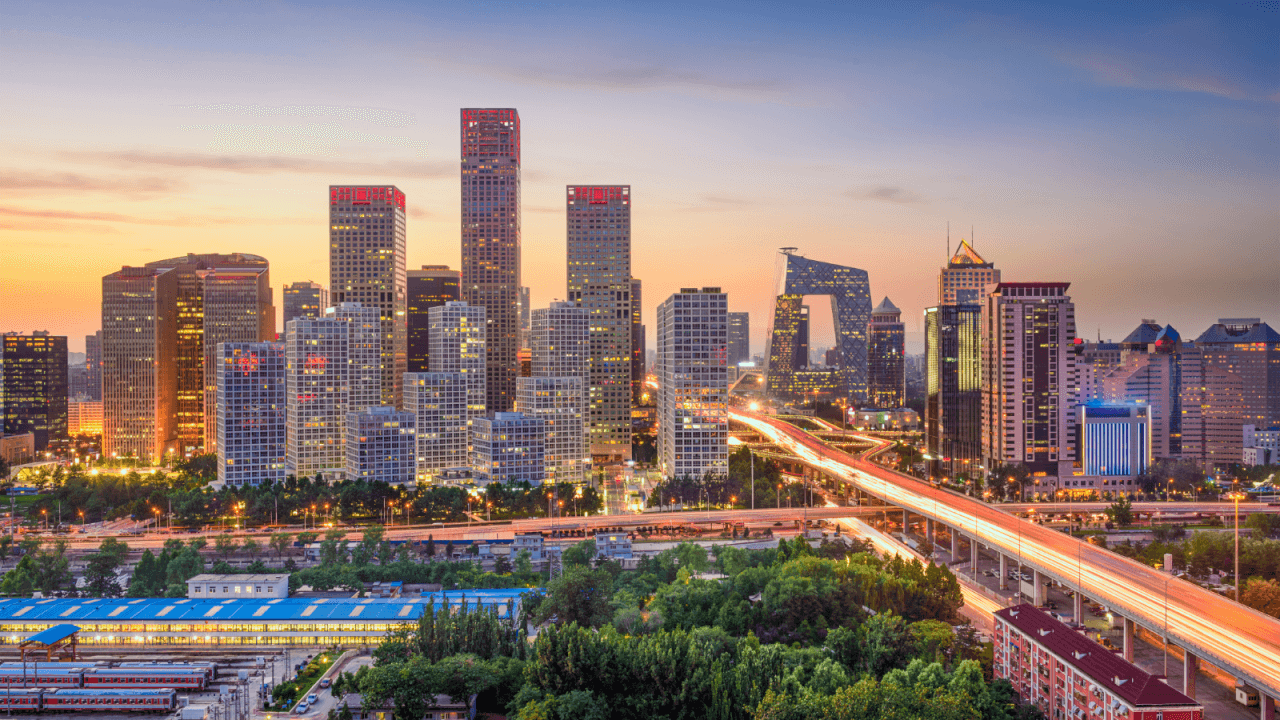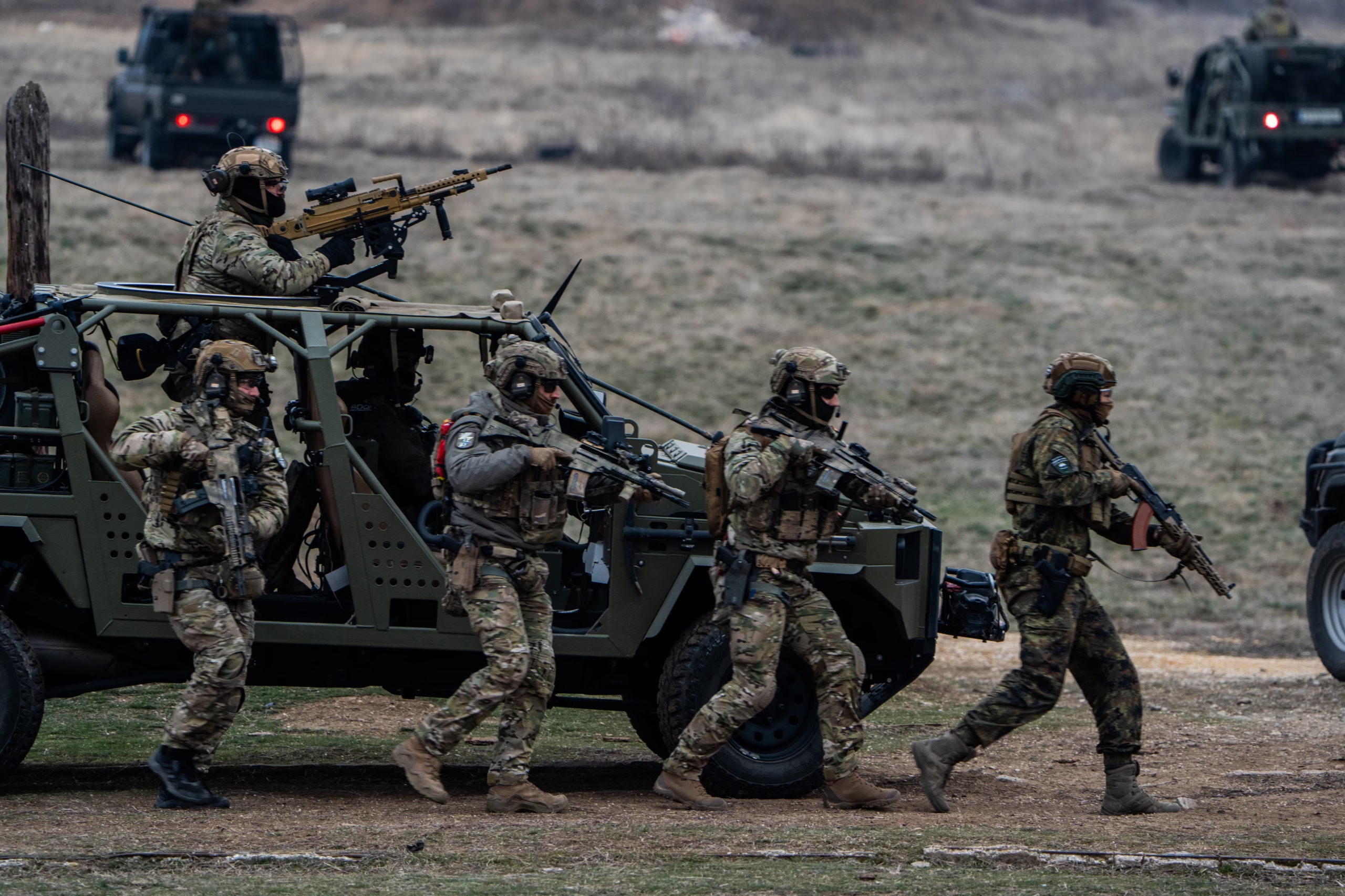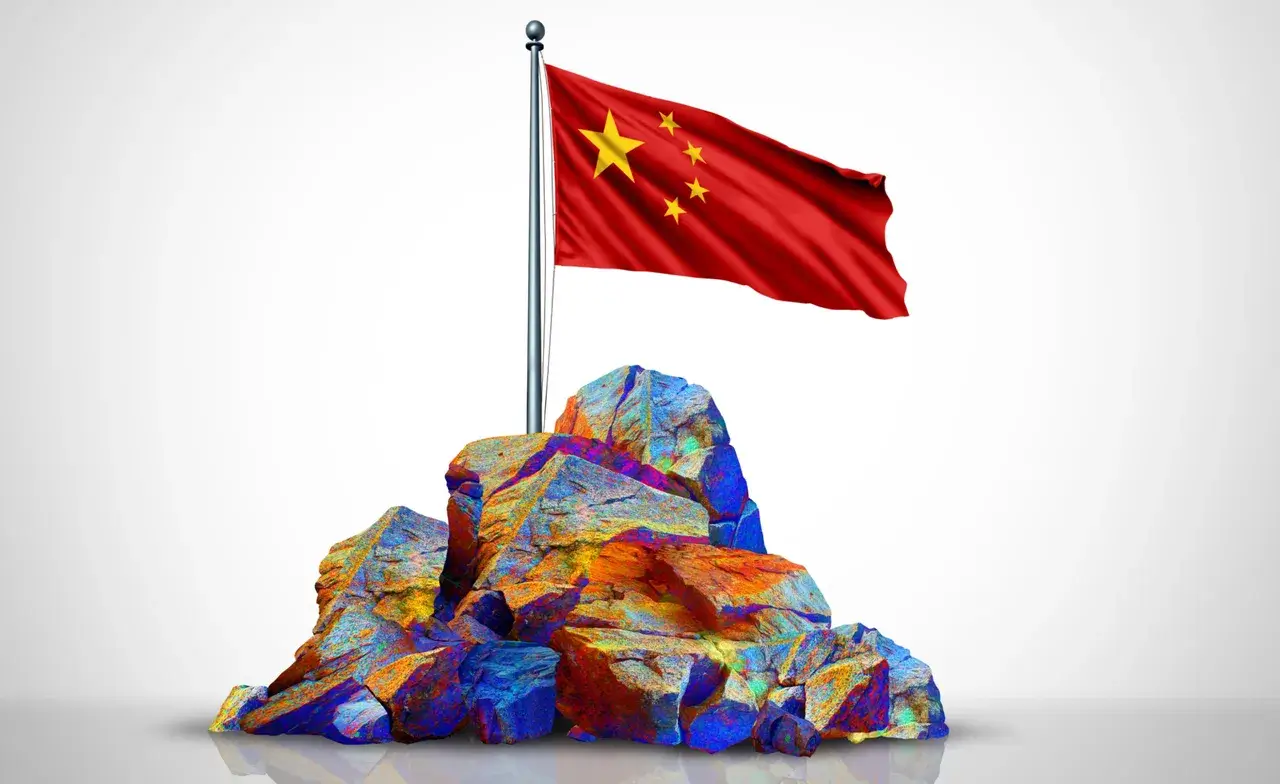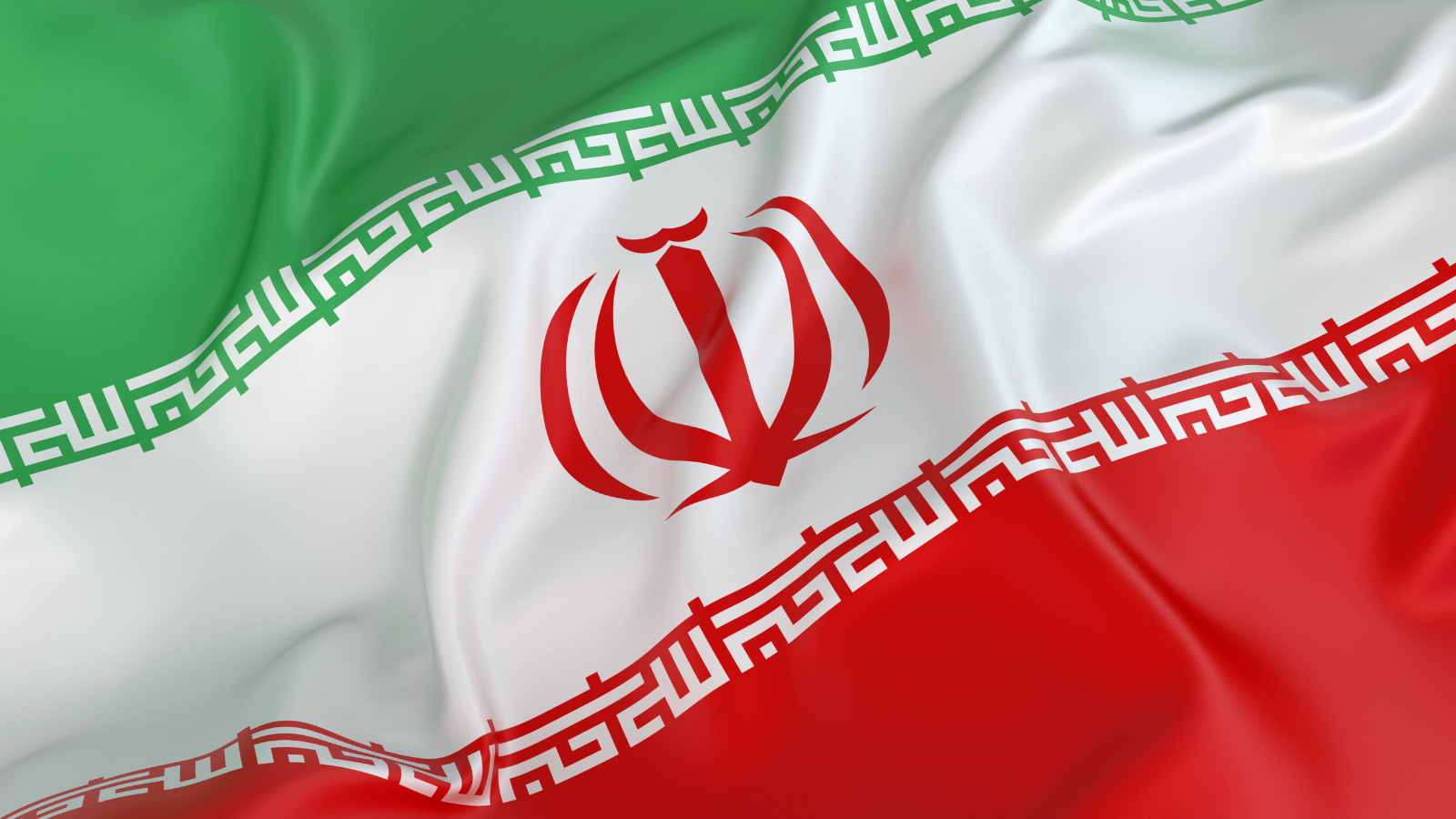Messages to Türkiye from Beijing’s quiet rooms (1)
The journey began in Hong Kong’s sharp-edged, finance-scented streets, moved through Shenzhen’s laboratory-filled innovation campuses, Tianjin’s forests of steel and containers, the glass canyons of Shanghai, and ended in the heavy, deliberate quiet of Beijing. Over two weeks along this arc, I sat in boardrooms, ministries and sovereign funds, trying to understand how China now thinks about the world, and about Türkiye.
I met CITIC’s senior leadership, the international trading captains of CNPC, the decision-makers at MIMMETAL, the grey-suited strategists of the NDRC, and the “silent generals” whose names rarely appear in public yet whose signatures move markets and redraw maps. What emerged from these conversations was a strikingly consistent picture: The world has left behind the familiar alphabet of V-, U- or L-shaped cycles and entered a new era that looks far more like a K – one leg sharply rising, the other sliding down. In this K-shaped world, China is no longer just a “rising power”. It is becoming one of the centres where the system itself is being redesigned. For Türkiye, the critical strategic question over the next 5–10 years is straightforward, and very unforgiving: How, from where, and with what mindset are we going to plug ourselves into that centre?
A Quiet but Deep Superpower
Beijing is a city that does not rush, does not panic – but does not forget. It sits, listens, takes notes, often behaves as if an issue is not on its agenda at all – and then, when the time comes, flips the switch. Since 1989, I have come to Beijing in many capacities: as a diplomat, as the director of the IEA and the OECD, as a senior executive of British Gas and Invensys, and now as Chairman of Global Resources Partners and the London Energy Club. I have seen the old Beijing of coal heaps and cabbage mounds, and the new Beijing of AI labs, data centres and electric vehicles. What struck me most on this trip was seeing how China no longer shouts back at the world. It has turned inward intellectually – thinking, planning and accumulating power quietly, then acting only when conditions are ripe. It will not be a loud superpower. It will be a quiet, deep and calibrated one.
Anyone who does not grasp this will struggle not only in diplomacy, but in trade, technology and finance. The global game board is being rearranged every day according to what Beijing does – and just as importantly, what it chooses not to do.
The K-Shaped Economy: A World Working for Wealth, Not Wages
The technocrats I met in Beijing agree on one core diagnosis. If we are to describe the world economy with a single letter, that letter is now K. On one upward line are technology, capital, critical minerals, productivity and accumulated wealth. On the downward line are wage incomes, middle-class security and the fate of small producers. The line you stand on determines not only your present, but your future ceiling.
The phrase I heard and repeated – “the economy no longer works for wages, it works for assets” – is not born of street-level frustration. It is being formulated in the rooms where trillions of dollars are managed: sovereign wealth funds, public pension funds, and central banks. Those who live by pay-day and the calendar are not the ones who are growing. Those who live by screens – setting prices, algorithms and contract terms – are. Asset prices are rising, but broad-based prosperity is not rising at the same speed.
One Beijing technocrat leaned over to me and put it brutally simply: “Prosperity is no longer being distributed. It is being concentrated.” This is not just the “inequality debate” we are used to hearing about in the West. It is an economic reality now acknowledged in China itself. In a K-shaped economy, wages are about survival; assets are about social mobility and class. And this is not only an American or European story. It is a burning topic in Beijing, Shanghai and Shenzhen as well.
“The World Is Not Growing – Only Big Tech Balance Sheets Are”
We make a grave mistake if we take S&P 500 records or Nasdaq highs as signs of a broad global upswing. One minister I spoke to in Beijing captured it in a single sentence: “The world is not growing, but big technology balance sheets are.”
A significant share of index gains is being driven by a handful of mega tech firms. They are writing the strongest balance sheets in history, controlling cash, data, algorithms and platforms. At the very same time, hundreds of mid-sized industrial and service companies are struggling to preserve margins. SMEs – the backbone of the real economy – are stagnating or sliding. In this new face of capitalism, the decisive factors are not labour alone, but the quality of capital and the control of technology.
As the gap widens between those who own assets and those who earn wages only, political and social tensions will rise. Beijing does not watch this as a distant “Western problem”; it is carefully taking note of the implications for its own social contract.
Energy and Commodities: The Centre of Gravity Slides East, Quietly
We see a similar shift in energy markets. One of the most striking lines I heard in Beijing was this: “Prices will no longer be set only in London and New York. Shanghai and Shenzhen will increasingly share that role.” Russia’s steep discounts in Asia have diluted the monopoly of Brent and WTI as the only trusted benchmarks. As Asia’s weight in shipping, insurance, financing, and payment systems increases, price discovery naturally follows. The Hong Kong–Shanghai axis is no longer just a financial centre. The language, tenor, and risk architecture of energy and commodity contracts – their collateral, insurance, and hedging – are increasingly shaped in this corridor.
For a net energy importer such as Türkiye, this is not just about oil and gas prices. It is about money, insurance and logistics being tied to a new reference geography.
From Coal and Cabbage to AI Labs: Beijing’s Transformation
When I first saw Beijing at the end of the 1980s, history, poverty, and state discipline coexisted in the same frame. The most powerful image from that time was the small coal hills in front of every house. Before winter, each family received a pile of lignite. As the months passed, the hill shrank, and black smoke rose from the stovepipes into an already heavy sky. Next to them stood mountains of cabbage, stored for the cold months.
Coal and cabbage were the two symbols of 20th-century Beijing.
Today, gas from the Ordos Basin arrives through modern pipelines; coal stoves are history. I still remember Premier Li Peng telling us repeatedly: “My children breathe this air too. We have to change.” It was a political and psychological turning point.
Since then, every time I visited Beijing, I felt as if I were arriving not just in another city, but in another century. Low grey blocks have given way to glass towers. Seas of bicycles have been replaced by electric vehicles, autonomous driving tests and one of the world’s most extensive metro networks. Sanlitun and the CBD are full of global finance offices and high-end restaurants.
China is no longer merely the “factory of the world”; it has become its laboratory, investor and financier. Same soil, same people – almost two different civilisations.








